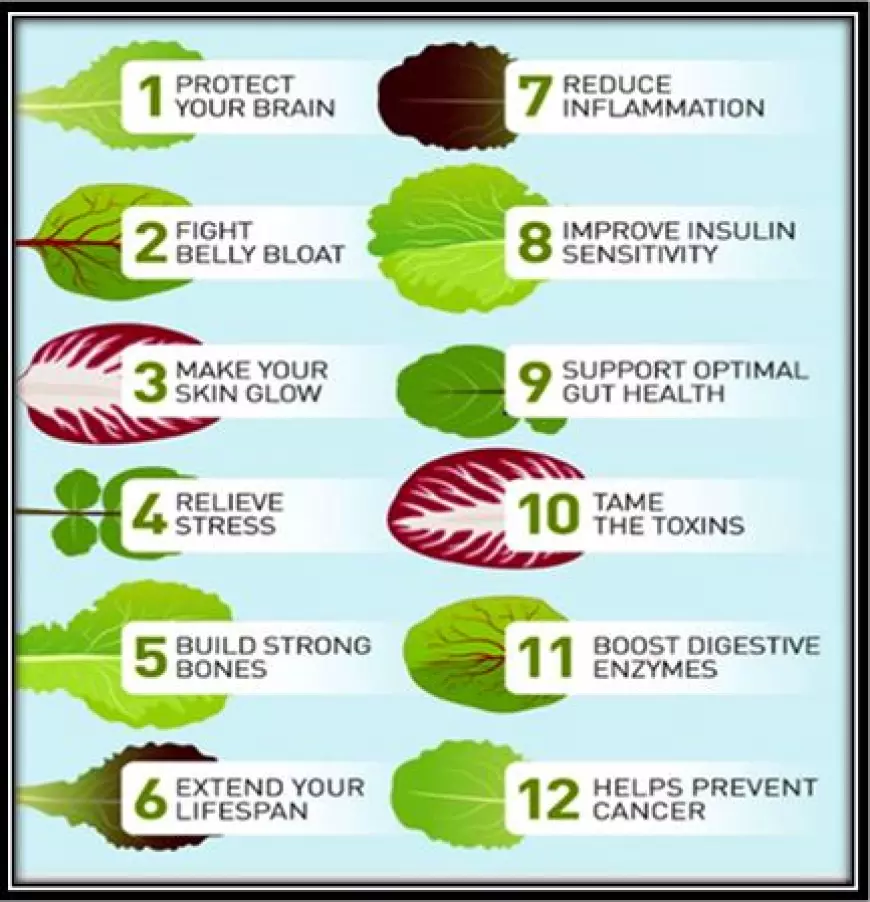What Are the Digestive Benefits of Consuming Vegetables Regularly?
Find out how incorporating vegetables into your diet can benefit your digestion. Explore the digestive perks of regular vegetable consumption with our expert advice.

Introduction: Exploring the Importance of Digestive Health
Nutrient-rich vegetables are not only a delicious addition to any meal but also offer an array of digestive benefits. Packed with fiber, they play a crucial role in maintaining a healthy gut by promoting regular bowel movements and preventing constipation. Not only that, but the enzymes found in these vegetables contribute to efficient digestion, breaking down food in the stomach and small intestine to aid nutrient absorption.
Incorporating a variety of colorful vegetables into your diet ensures you receive a diverse range of nutrients and enzymes essential for optimal digestion. For example, cruciferous vegetables like broccoli and cauliflower contain sulfur-containing compounds that support liver function and help with detoxification. Additionally, leafy greens such as spinach and kale are rich in chlorophyll, which can help cleanse the digestive tract while providing a potent source of vitamins and minerals.
These nutrient-dense powerhouses not only keep our digestive system running smoothly but also contribute to overall wellness by supplying the body with essential nutrients vital for maintaining good health. By incorporating an assortment of vegetables into your meals, you're providing your body with the building blocks it needs to thrive both inside and out.
Nutrient-Rich Vegetables: A Source of Fiber and Enzymes
The link between vegetable consumption and improved digestion cannot be overstated. Vegetables are rich in fiber, which plays a crucial role in maintaining healthy gut function. Soluble fiber found in vegetables such as broccoli, carrots, and sweet potatoes helps to slow down the digestion process, allowing for better nutrient absorption and more consistent bowel movements. Additionally, the insoluble fiber in vegetables like leafy greens and bell peppers adds bulk to the stool, preventing constipation and promoting regularity.
Moreover, the diverse array of nutrients present in vegetables provides essential support for digestive health. For instance, dark leafy greens like spinach and kale are rich in magnesium—a mineral that aids muscle relaxation in the digestive tract, reducing cramping and improving overall gut function. Furthermore, the vitamins and antioxidants found in colorful vegetables help to reduce inflammation within the gut lining, contributing to optimal digestion. In essence, incorporating a variety of vegetables into your diet can significantly enhance your digestive well-being while offering a plethora of additional health benefits.

Improved Digestion: How Vegetable Consumption Aids Gut Function
The gut microbiome is a complex ecosystem of microorganisms that play a crucial role in maintaining our overall well-being. When it comes to supporting the balance of our gut microbiome, vegetables are an essential component. They contain fiber, which serves as fuel for beneficial bacteria in the gut, promoting a diverse and healthy microbial community. Additionally, the various nutrients and phytonutrients found in vegetables can help reduce inflammation and support the growth of beneficial bacteria, contributing to a harmonious gut environment.
Cruciferous vegetables such as broccoli and kale contain sulfur-containing compounds that aid in detoxification processes in the body, supporting liver function and overall digestive health. Moreover, leafy greens like spinach and Swiss chard are rich in chlorophyll, which has been shown to promote the growth of beneficial gut bacteria while inhibiting the growth of harmful microbes. By regularly consuming a diverse range of vegetables, we can provide our gut microbiome with the necessary support to maintain balance and contribute to optimal digestion and overall health.
Incorporating an array of colorful vegetables not only adds vibrancy to our meals but also provides an array of valuable nutrients that directly impact our gut microbiome. The diversity of plant-based compounds found in vegetables supports different aspects of gut health, from enhancing nutrient absorption to modulating immune function within the gastrointestinal tract. With this understanding, it's clear that making vegetables a staple in our diet is essential for nurturing a thriving internal ecosystem within our bodies.
Gut Microbiome Support: The Role of Vegetables in Maintaining Balance
Consuming vegetables regularly offers a plethora of benefits, one of the most significant being a reduced risk of digestive disorders. Vegetables are rich in fiber, which plays a crucial role in maintaining a healthy digestive system. Fiber helps regulate bowel movements and prevent constipation, reducing the risk of developing conditions such as hemorrhoids and diverticulosis. Additionally, certain vegetables contain prebiotics, which nourish the beneficial bacteria in our gut and promote a balanced microbiome, leading to improved digestive health.
Moreover, the diverse range of nutrients found in vegetables supports overall gut health by reducing inflammation and promoting proper digestion. Cruciferous vegetables such as broccoli and Brussels sprouts contain sulfur compounds that aid in detoxification processes within the body, supporting liver function and enhancing overall digestive well-being. The regular intake of vegetables also provides an array of vitamins and minerals essential for optimal gastrointestinal function, ultimately contributing to a reduced risk of digestive disorders and improved overall health.
Reduced Risk of Digestive Disorders: Benefits of Regular Vegetable Intake
So you know that incorporating more vegetables into your diet is a good idea, but maybe you're not quite sure how to go about it. Fear not! It's actually easier than you think. One great tip for adding more veggies to your meals is to start small - add some spinach or bell peppers to your morning eggs, or throw some extra veggies on your pizza. Another helpful strategy is to experiment with new recipes and cooking methods. Roasting, grilling, or sautéing vegetables can bring out their natural flavors and make them more appealing to picky eaters.
Additionally, consider swapping out processed snacks for fresh vegetable sticks and hummus or yogurt-based dips as a healthy alternative that still satisfies cravings. Keep in mind that variety is key – aim to have a colorful array of vegetables on your plate at each meal. Finally, involving the whole family in meal planning and preparation can make it easier and more fun to incorporate more veggies into your daily routine - who knows? You might even discover a new family favorite dish!
Tips for Incorporating More Vegetables into Your Diet
In conclusion, the impact of regular vegetable consumption on digestive health cannot be overstated. The fiber content in vegetables plays a crucial role in promoting a healthy digestive system by aiding in proper bowel movements and preventing constipation. Additionally, the abundance of vitamins, minerals, and antioxidants found in vegetables can help reduce inflammation in the gut and support overall digestive function.
Furthermore, the diverse array of phytonutrients present in vegetables not only supports the growth of beneficial gut bacteria but also helps to maintain a balanced microbiome, which is essential for optimal digestion. Research has shown that individuals who consume a variety of vegetables on a regular basis are less likely to experience gastrointestinal issues such as bloating, indigestion, and irritable bowel syndrome. Therefore, incorporating a wide range of colorful and nutrient-dense vegetables into one's diet can significantly contribute to improved digestive health and overall well-being.
Conclusion: The Impact of Regular Vegetable Consumption on Digestive
Have you ever wondered why your mother always insisted on finishing your vegetables at dinner? Or why health experts constantly nag you to eat more greens? It turns out, there's a good reason behind all the vegetable-pushing. Vegetables are not only delicious and colorful additions to our meals but also play a vital role in maintaining a healthy digestive system. So, if you've been ignoring your leafy greens or shunning those crunchy carrots, it's time to reconsider. In this article, we'll explore the fascinating world of digestive health and uncover the incredible benefits that come from regularly consuming vegetables. Get ready to delve into the science behind how these nutrient-packed plants can work wonders for your gut and overall well-being!







